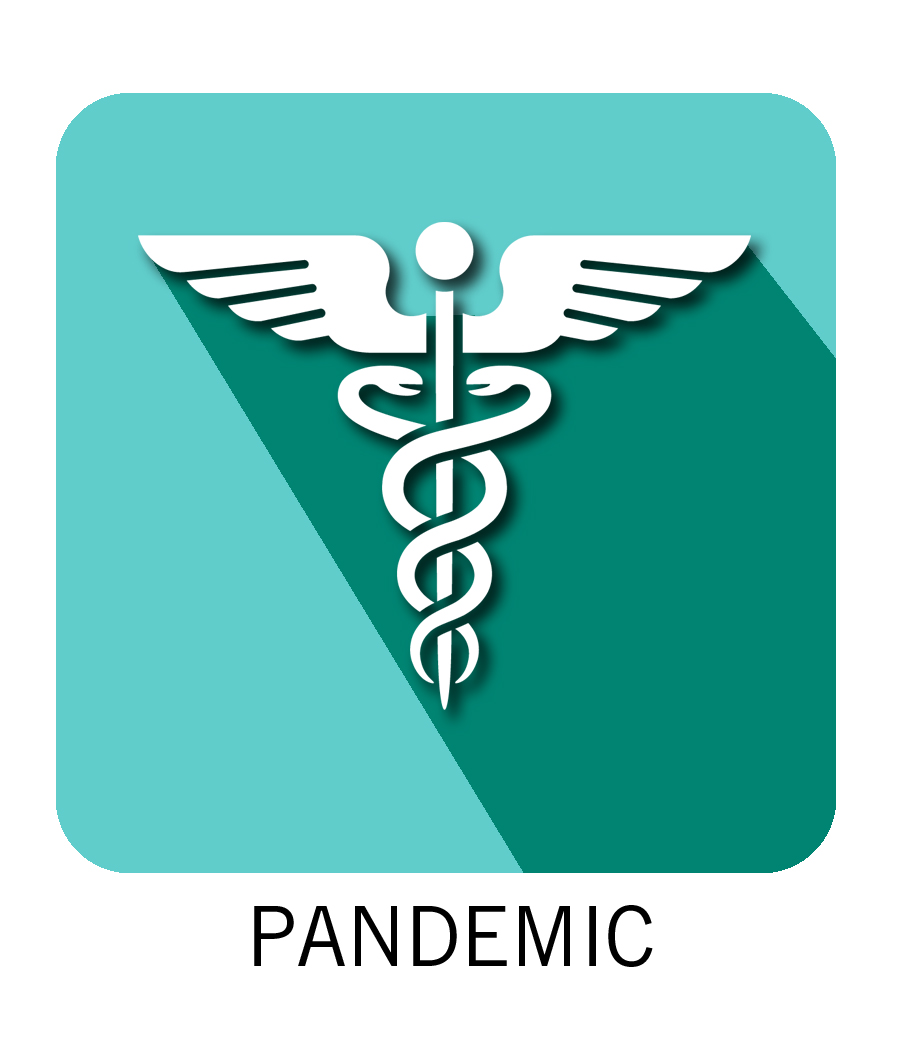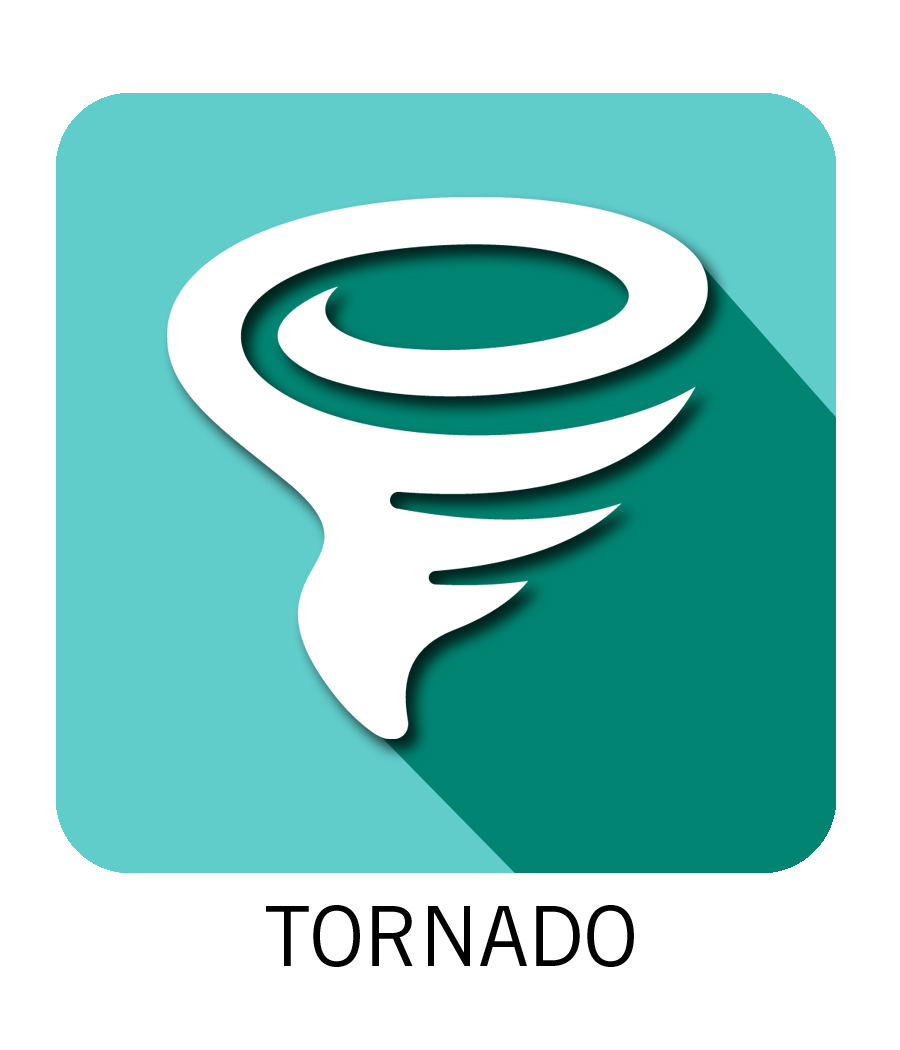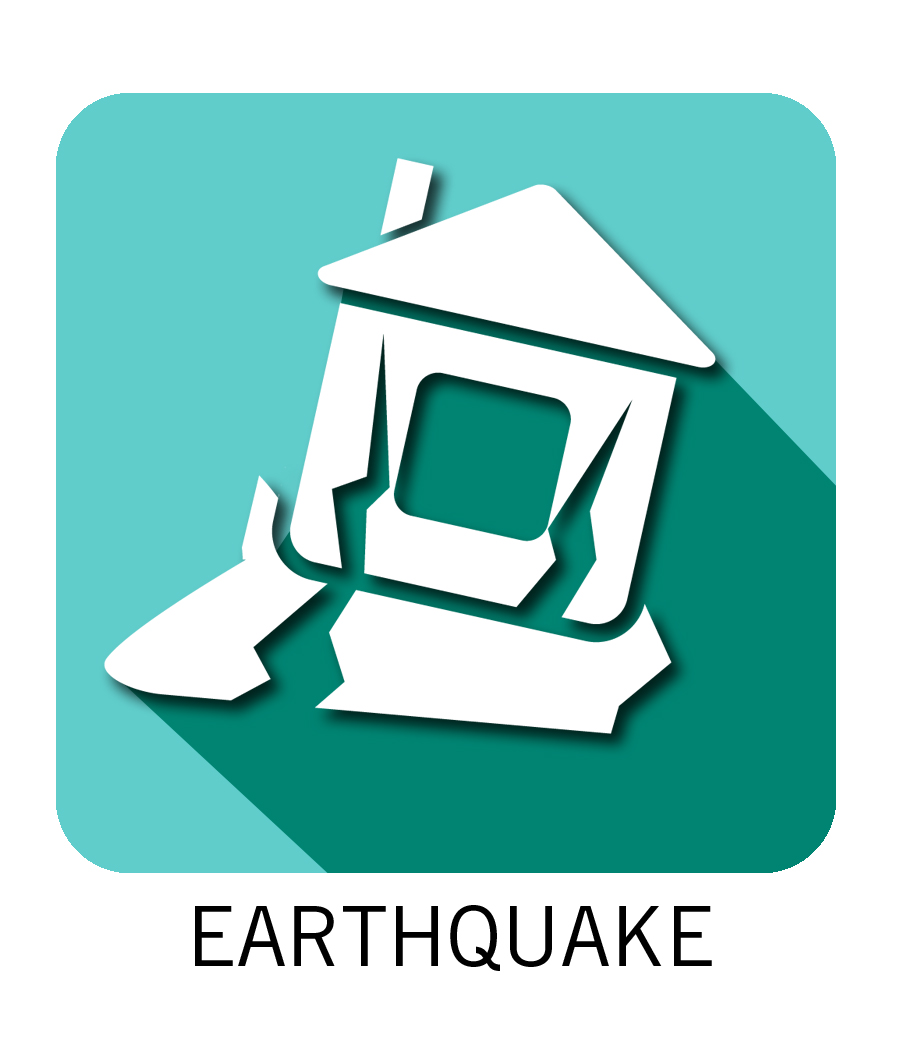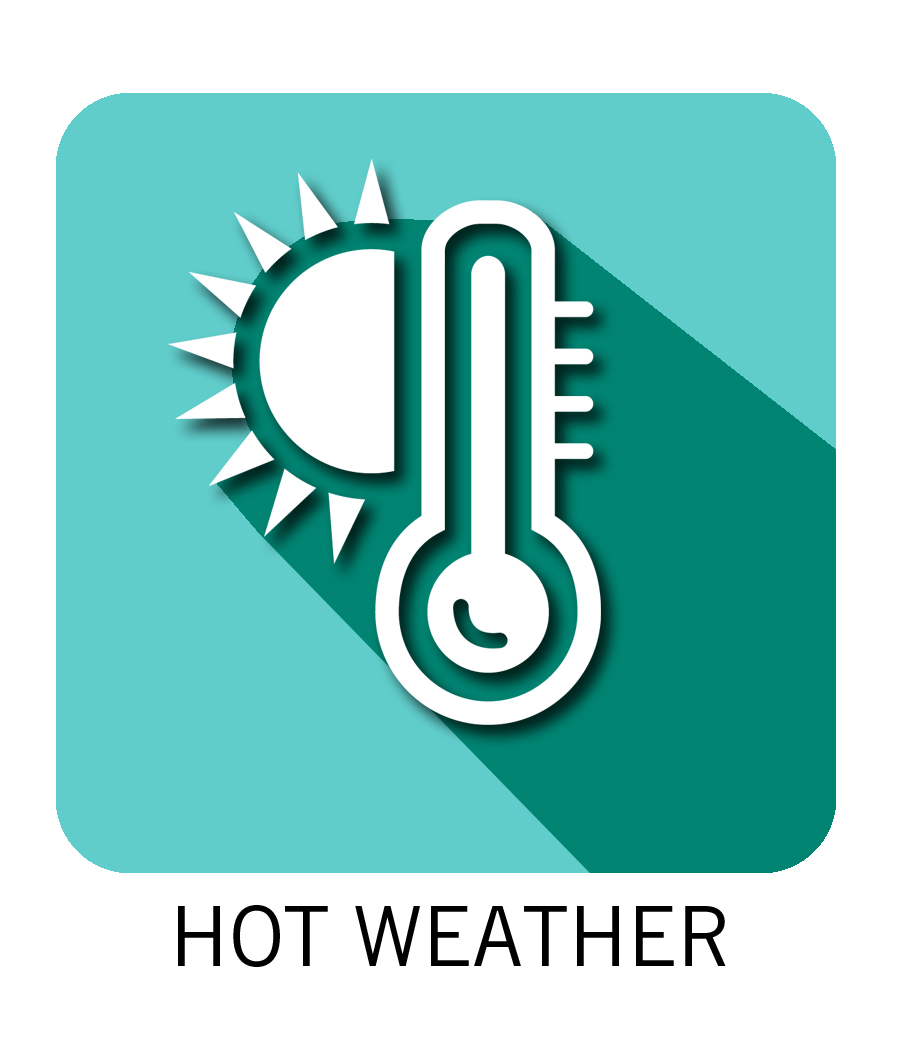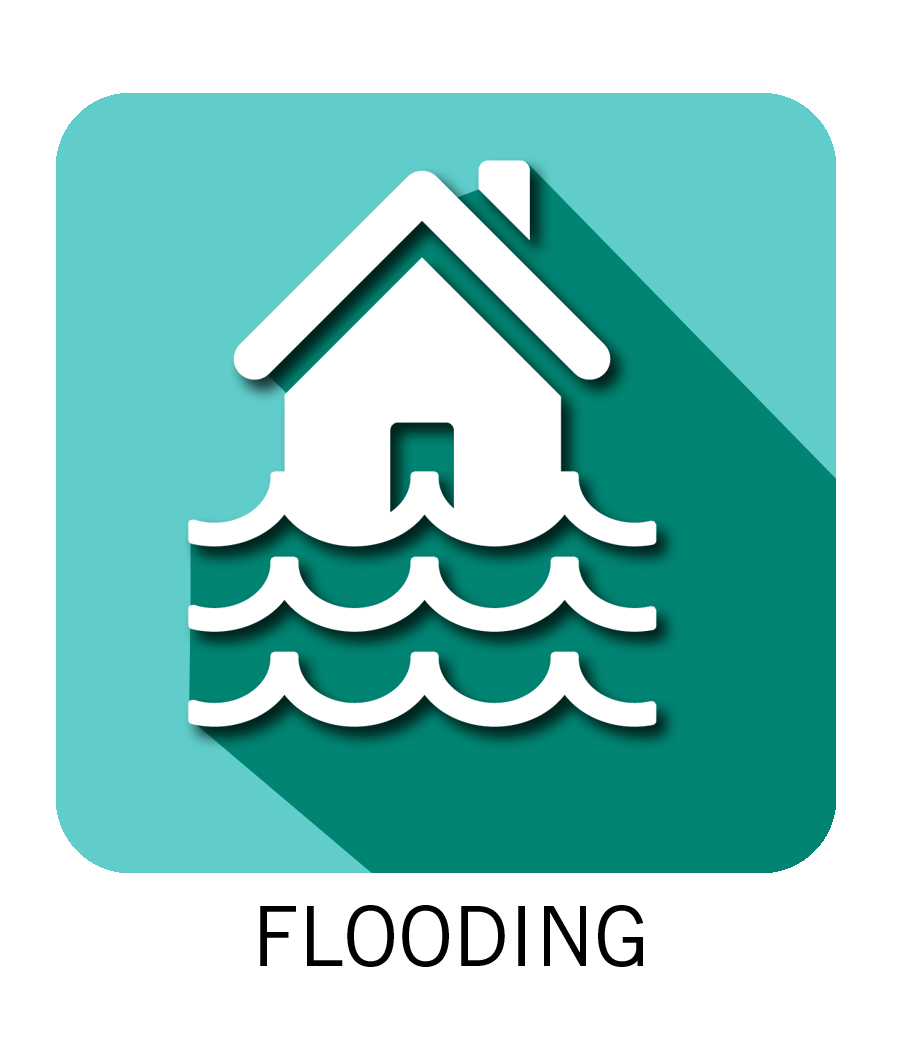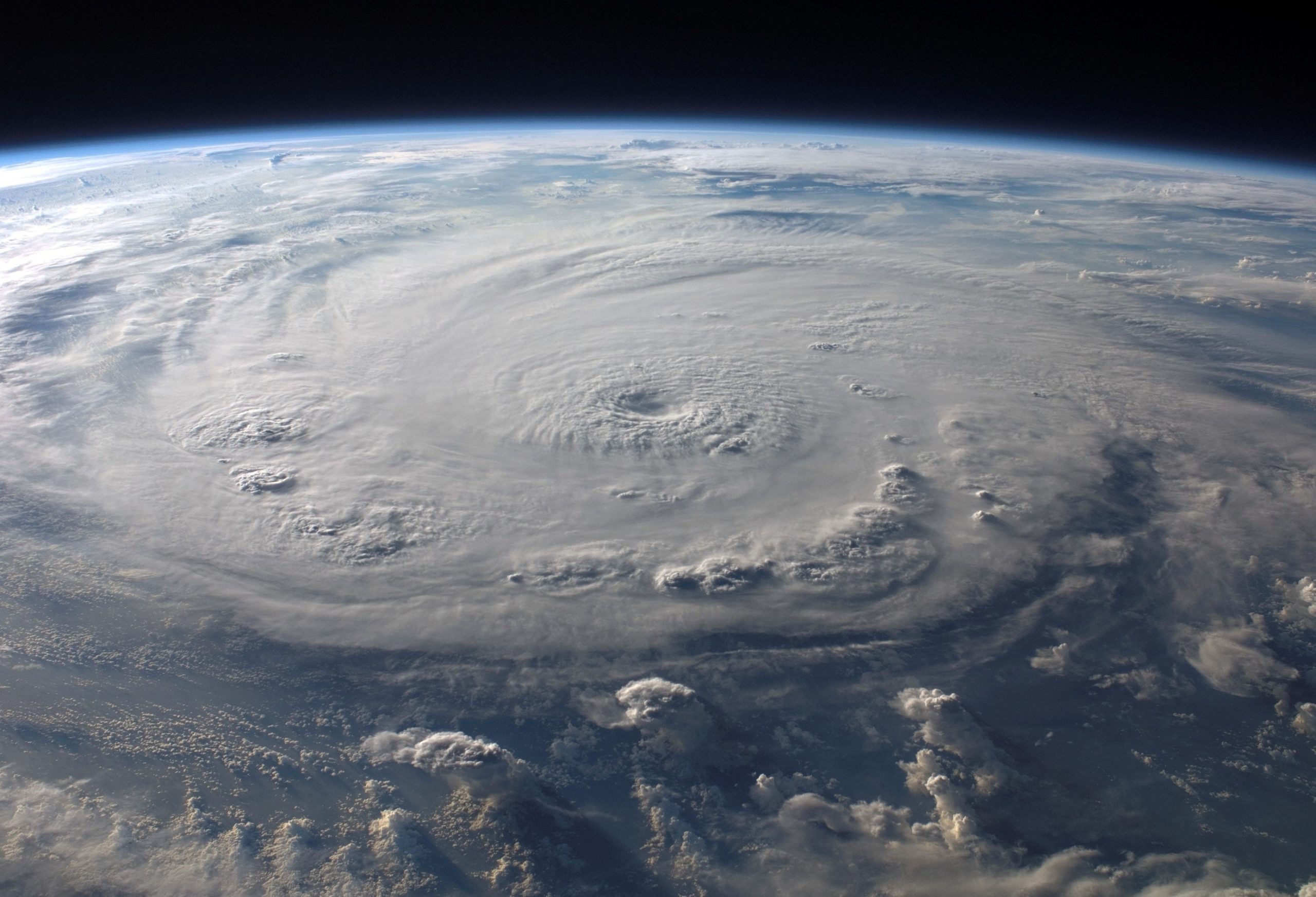
Hurricane
History teaches that a lack of hurricane awareness and preparation are common threads among all major hurricane disasters. Knowing your vulnerability and what actions you should take can reduce the effects of a hurricane disaster.
A hurricane warning is issued 36 hours in advance by the National Weather Service when sustained winds of 74 mph or higher associated with a hurricane are expected in a specified coastal area in 24 hours or less. A hurricane warning can remain in effect when dangerously high water or a combination of dangerously high water and exceptionally high waves continue, even though the winds may be less than hurricane force. A hurricane watch is announced for specific coastal areas where hurricane conditions are possible within 48 hours in advance of when the storm is expected.
Hurricane hazards come in many forms: storm surges, high winds, tornadoes, and flooding. This means it is important for your family to have a plan that includes all of these hazards. Look carefully at the safety actions associated with each type of hurricane hazard and prepare your family disaster plan accordingly. But remember that the information contained on this website is only a guide. The first and most important thing anyone should do when facing a hurricane threat is to use common sense. Those employees and their families that live in hurricane-risk areas should track every Atlantic tropical storm or hurricane.
The most important thing you can do is be informed and prepared. Disaster prevention includes both being prepared as well as reducing damages.
| Location | Hurricane Season |
|---|---|
| Atlantic, Gulf of Mexico and Caribbean | June 1 – November 30 |
| Eastern Pacific | May 15 – November 30 |
General Safety Tips
-
- Stay indoors and away from windows and glass doors.
- Close all interior doors. Keep blinds closed. Do not have a false sense of security if the weather calms; it could be the eye of the storm, and winds can pick up again.
- Go to the center of a small interior room, closet, or hallway on the lowest possible level of the building.
- Lie on the floor under a table or other sturdy furniture.
- In the event of an injury or life-threatening situation, contact 911 immediately and notify your manager or someone else in management.
- Evacuate if you are directed by local authorities or management or if you feel you are in danger. You should do so without delay. Be sure to follow any instructions you are given.
Hurricane Disaster Prevention
-
- Develop A Family Plan – Your family’s plan should be based on your vulnerability to hurricane hazards. You should keep a written plan and share your plan with other friends or family.
- Create A Disaster Supply Kit – There are certain items you need to have regardless of where you ride out a hurricane. A disaster supply kit is a valuable tool for evacuating and making you as safe as possible in your home.
- Secure Your Home – You can do things to make your home more secure and able to withstand stronger storms.

